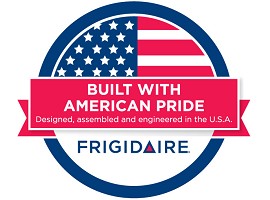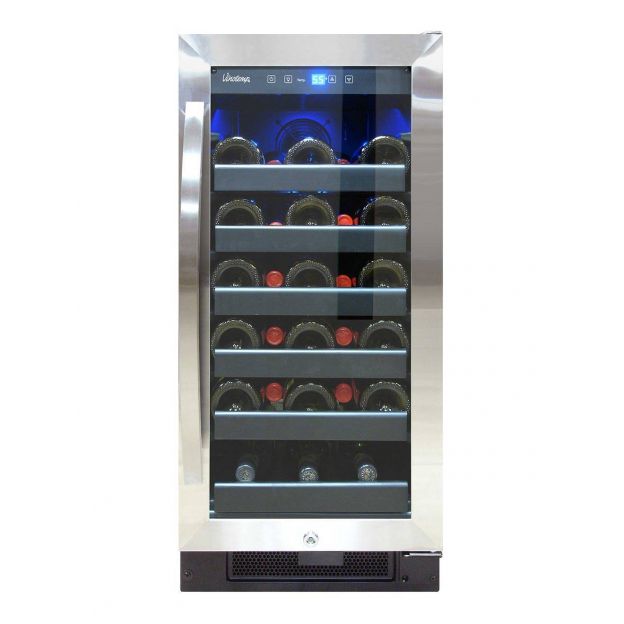
Electric Mirror LED Mirrors
FTC publishes first closing letters since Made in USA Labeling Rule went into effect in August.
 Electrolux tried to get cute with an ad campaign that did not explicitly say that its Frigidaire appliances were made in the USA, but rather that they were “Built with American Pride,” qualifying the claim with text that said the appliances are “[d]esigned, assembled and engineered in the U.S.A.” No matter, said the FTC, which raised concerns about “potentially deceptive U.S.-origin claims” made in conjunction with the campaign for Frigidaire appliances that “incorporate significant imported parts.”
Electrolux tried to get cute with an ad campaign that did not explicitly say that its Frigidaire appliances were made in the USA, but rather that they were “Built with American Pride,” qualifying the claim with text that said the appliances are “[d]esigned, assembled and engineered in the U.S.A.” No matter, said the FTC, which raised concerns about “potentially deceptive U.S.-origin claims” made in conjunction with the campaign for Frigidaire appliances that “incorporate significant imported parts.”
“As we discussed,” the FTC wrote in a closing letter to the company signifying the end of its inquiry, “unqualified ‘Made in the USA,’ ‘Built in the USA,’ or ‘Produced in the USA’ claims on marketing materials likely suggest to consumers that all products advertised in those materials are ‘all or virtually all’ made in the United States.”
As we pointed out last week in an ad alert on Red Wing shoes, under the FTC’s Made in USA standard, products containing imported parts can still be marketed as made in the USA, provided that the foreign content is not crucial to the overall function of the product. That’s what the agency means by “all or virtually all.” But that wasn’t the case with Red Wing shoes and that isn’t the case here as the FTC cited significant imported parts, which it did not name in its letter.
To appease the regulators, Electrolux took several steps to remedy its marketing, including: updating U.S.-origin claims on frigidaire.com, including on the homepage and on individual product pages; making sure when consumers search online for Frigidaire appliances, results do not led them to marketing materials with deceptive made in the USA claims; removing certain YouTube videos; removing affected in-store materials; and sending field representatives to more than 2,000 retail locations to confirm updates were made.
Find more of our coverage on made in the USA claims here.
Our Ad Alerts are not just about false and deceptive marketing issues, but may also be about ads that, although not necessarily deceptive, should be viewed with caution. Ad Alerts can also be about single issues and may not include a comprehensive list of all marketing issues relating to the brand discussed.
FTC publishes first closing letters since Made in USA Labeling Rule went into effect in August.
FTC publishes first closing letters since Made in USA Labeling Rule went into effect in August.
FTC publishes first closing letters since Made in USA Labeling Rule went into effect in August.

